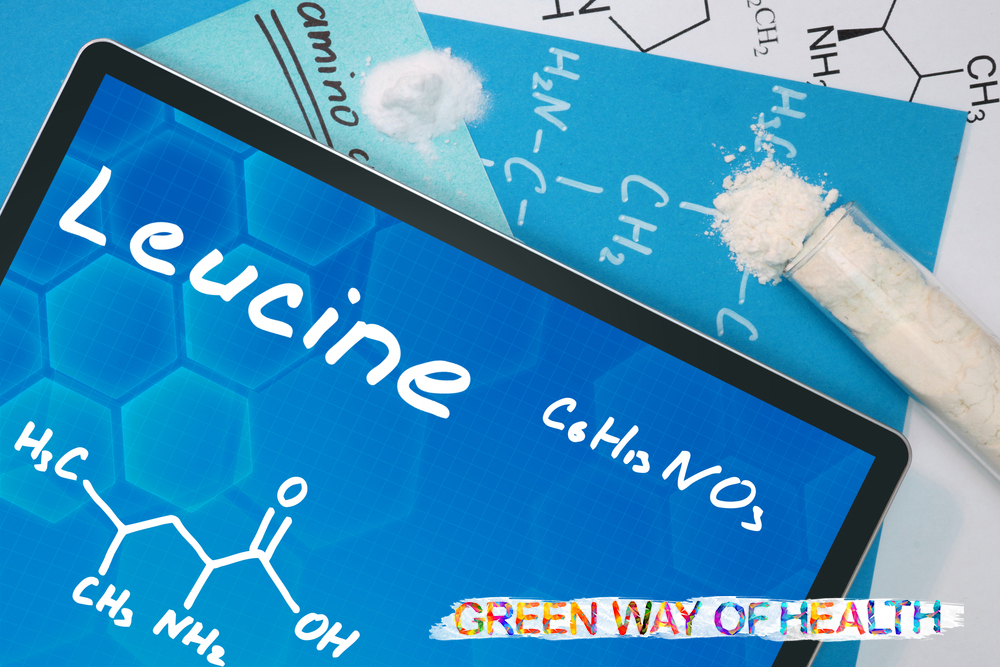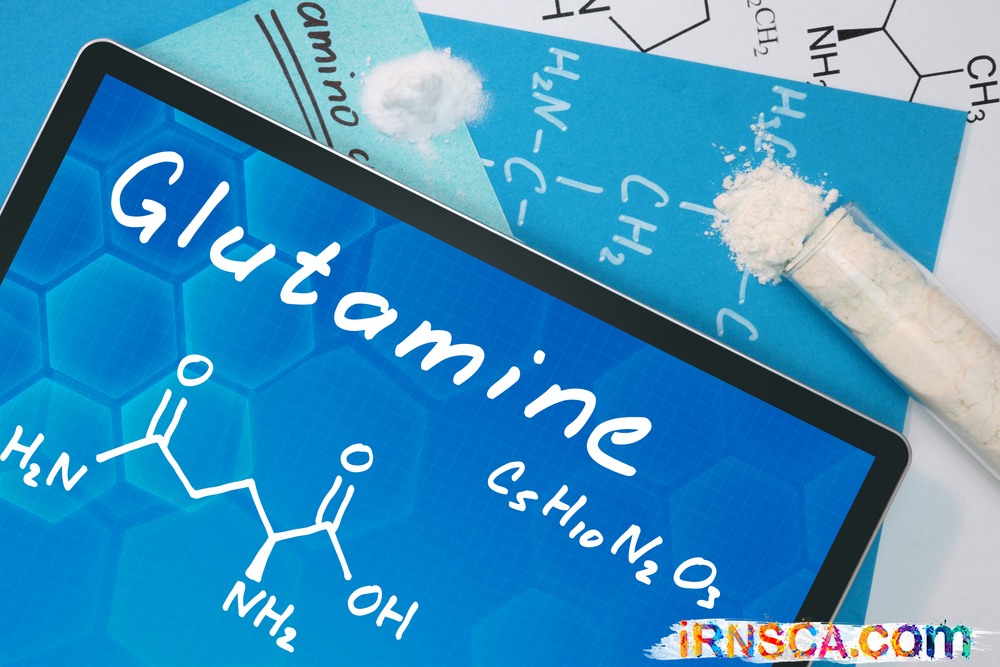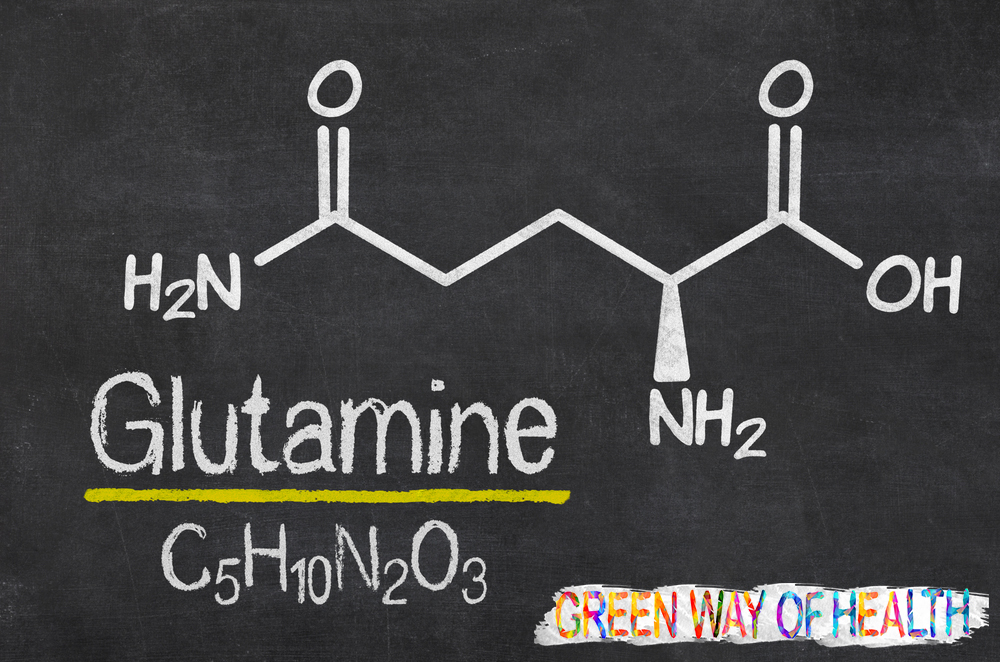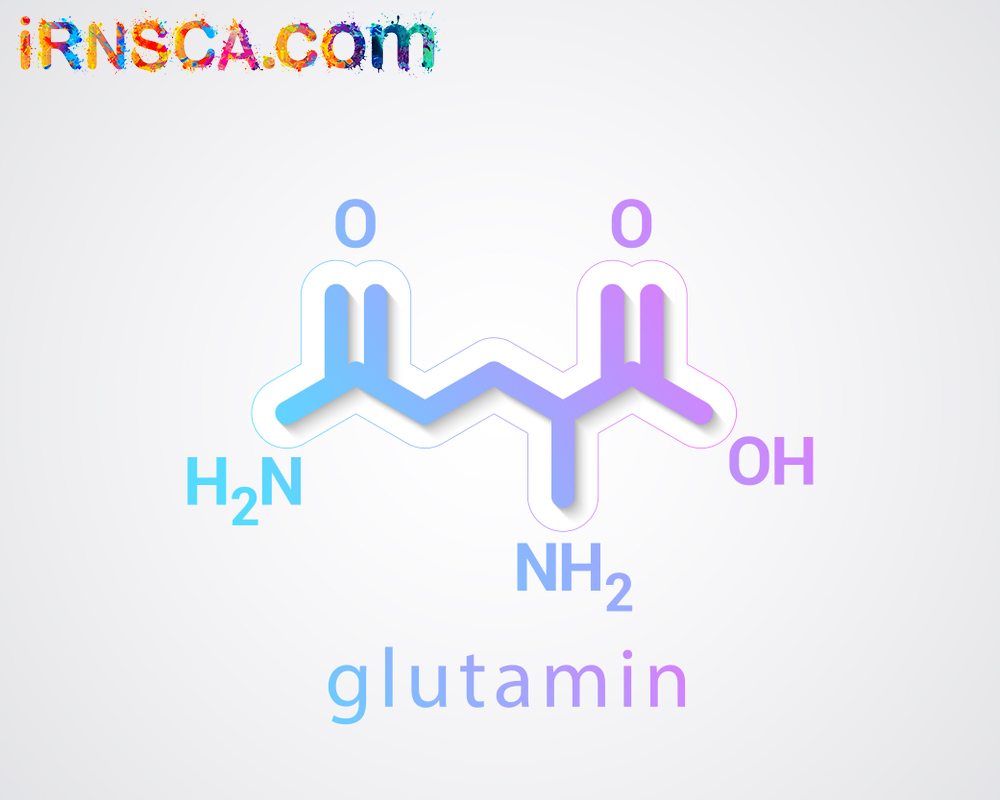
Women have different nutrient needs compared to men. No, we are not trying to be special snowflakes, we go through a lot of changes during just one lifetime.
Think about it month to month, our hormones (and maybe mood?) cycle from high to low.
There is also pregnancy, lactation, and menopause to consider, all of which have different nutrient needs.
Our nutrition and supplement regimen needs to be tailored to whatever life stage we are in.
So, when you see a “women’s” supplement, don’t think that it is special just because of the pink bottle it might come in, the ingredients are usually also tailored to our different needs.
Helpful Supplements for All Women
All humans need the same vitamins and minerals to be healthy. But, depending on where a woman is in her life cycle she may need more or less of a specific nutrient to support that current phase.
Supplements, therefore, should be tailored based on current nutritional needs.
Let’s explore a few supplements that all women need, no matter where they are in life, then discuss a few age-specific ones to consider.

Multivitamin
A multivitamin is the “insurance policy” of the supplement world. It fills in the gaps where your diet might be missing.
Even as a dietitian, it is hard for me to have a perfect diet every day that meets every micronutrient need. But, it is important to keep in mind that multivitamins will never replace real food. Instead, they should be seen as an addition to an already healthy diet.
There is no standardization for what multivitamins need to include, some have a lot of different nutrients, while others only have a few. There are thirteen vitamins and sixteen minerals that are essential to human health. In general, most multivitamin formulations will contain most or all of these nutrients in varying quantities.
Research is mixed on the long-term impact of multivitamins as they do seem to reduce the risk of some health conditions, but not others.
A 2006 review of twelve studies found that multivitamin use lowered the risk of certain types of cancer, stroke, and age-related vision loss in some of the studies. But, the results were not consistent across all studies or population groups. Another challenge with this review was that the formulation of each multivitamin differed study to study, so it was difficult to compare one result to the other.
Overall, it is still unclear exactly which nutrients should be included in an ideal multivitamin.
How to take a Multivitamin
Since our diets are not always perfect, a multivitamin can be useful at any age. Several options on the market are “tailored” to age groups such as pregnant or older women. These age-specific formulations contain varying levels of different nutrients.
For example, pregnant women need more folic acid than those who are not pregnant and post-menopausal women need less iron.
Multivitamins made for each age group or life stage should take these nutritional needs into account.
When choosing a multivitamin, select one that matches your current life stage, if it is available. This will prevent you from getting nutrients you don’t need and making sure you are getting the ones you do.
Another thing to consider is the type of nutrients each contains. The content of each formulation can vary greatly between products, but a rule of thumb is to avoid formulas that contain over 100% Daily Value of the fat soluble vitamins E, D, K, and A or any of the minerals. These nutrients can be toxic at high levels.
Speak to your doctor if you need personalized nutrient recommendations before you choose a multivitamin.

Calcium
You might associate taking calcium supplements with something older adults do, but calcium benefits women of all ages.
Bone strength peaks during our teen years, making calcium even more important for younger women.
Women in general need to be particularly concerned with bone health. Of those diagnosed with osteoporosis, or weak bones, 80% are women. The increased risk of osteoporosis is due to the fact that women have smaller, weaker bones than men and the decrease in estrogen that occurs at menopause speeds up bone loss.
Based on these risk factors, all women should be concerned about getting enough calcium to keep bones strong.
But, calcium may help younger women in a different way. A 2017 study found that supplementing with 500 mg of calcium per day significantly decreased PMS-related anxiety, mood changes, bloating, and depression. Naturally reducing PMS-symptoms is a great motivation for any woman to consider a calcium supplement.
The Recommended Dietary Allowance for women is 1000-1200 mg/day of calcium per day, depending on age. A cup of milk has about 300 mg of calcium, so as you can see there is a lot of room for supplementation.
How to Take Calcium
There are several types of calcium supplements available. Calcium carbonate is the cheapest and contains the most elemental calcium. Calcium carbonate is best absorbed with food, so take it with a meal.
Be sure to choose a supplement that also contains vitamins D and K to help with absorption. Avoid taking iron with your calcium supplement, as calcium prevents iron absorption.
If you are pre-menopausal, a supplement may be necessary if your diet is lacking calcium due to lactose intolerance or a dairy allergy. If you are vegan or consume large amounts of protein, you may also need additional calcium supplement. If you struggle with PMS, a calcium supplement can help ease some of the symptoms.
Most post-menopausal women should take supplemental calcium to help maintain bone strength.
If you are taking a multivitamin in addition, be sure to check the label to make sure you aren’t getting too much calcium.

Probiotics
Maintaining a healthy digestive system is the secret to long-term well-being. Women tend to be at greater risk for digestive problems due to hormonal changes they experience month to month and throughout life.
Digestive issues can be the first step in developing other health problems. The reason is our health is strongly connected to the trillions of tiny microbes that exist in the digestive tract. The microbiome, or collection of bacteria in the gut, plays a role in the development of almost every disease state from obesity to depression to diabetes.
Probiotics are one way to help maintain a healthy digestive tract. They are particularly recommended if one is having digestive symptoms, such as constipation, diarrhea, gas, or bloating.
Antibiotics can also kill off healthy bacteria in the gut, so a probiotic supplement should be considered both during and after treatment.
How to take Probiotics
There are many types of probiotic supplements on the market and unfortunately, since the study of the microbiome is relatively new, specific recommendations for strains or dosages are not currently available.
We do know that strains like Bifidobacterium, Lactobacillus and Saccharomyces have been shown to improve gut health and most supplements contain one or all of these.
But, there are a few things you can look for when choosing a probiotic.
The first thing are CFUs or “colony forming units”, this number should be between 10 and 20 billion for adults.
In addition a quality probiotic should be in a bottle that is protected from light and heat, although some a freeze dried and shelf-stable.
Finally, be sure to use the supplement before the expiration date to ensure the most benefit.

Omega-3s
Omega-3 fats are “essential” fats that we must get from our diets. They are also highly anti-inflammatory and have been studied extensively for their health benefits.
There are three types of omega-3 fats, EPA, DHA, and ALA. They are found in foods like fish, walnuts, and flaxseeds.
Most people do not get enough omega-3s in their diet, therefore a supplement is recommended.
Omega-3 fats are healthy for everyone, but are particularly beneficial for the specific concerns of women. Omega-3s reduce inflammation which can in turn decrease PMS-related pain almost as much as ibuprofen. Taking omega-3s regularly can improve symptoms of depression and anxiety. They can even make your skin look better by reducing acne and wrinkles.
How to Take Omega-3s
When choosing an omega-3 supplement you want to be sure it contains EPA and DHA, they types of omega-3s that have been shown to have the most health benefit. Fish oil or algal oil supplements are a good choice to get both EPA and DHA.
The recommended total amount of omega-3s per day for women is 1.1 grams per day. There is no specific recommendation for EPA and DHA alone, although supplements ranging from 250-1000 mg/day seem to be safe for most people.
Speak to you doctor if you are taking a blood thinner before starting an omega-3 supplement.
Women in their 20s and 30s
Women in this age range are considered to be of “child-bearing age”. Regardless of whether you plan to have children or not, nutrition needs to be focused on supporting monthly hormonal cycles.
Also, women of this age may have a lot of demands on their time between work, kids, and relationships, so stress support may be an additional concern.
Here are some of the supplements that are ideal for younger women trying to manage it all.

B-Vitamin Complex
B-vitamin complex is a supplement that contains all eight of the essential vitamins. B-vitamins are needed to help maintain a healthy metabolism, hormone production, and stress management.
Getting enough B-vitamins can help combat fatigue and boost the production of feel-good neurotransmitters in the brain.
How to take B-vitamin Complex
Most B-vitamin Complex supplements will contain varying amounts of: B1, B2, B2, pantothenic acid, B6, biotin, B12, and folic acid. The amount of each vitamin you need can vary, so be sure to choose a supplement that matches your specific needs.
All of these vitamins are water soluble, so the risk of toxicity is low, the body will just excrete what it doesn’t use.
Most supplements come in doses ranging from 300-500 mg and can sometimes contain additional nutrients or minerals.
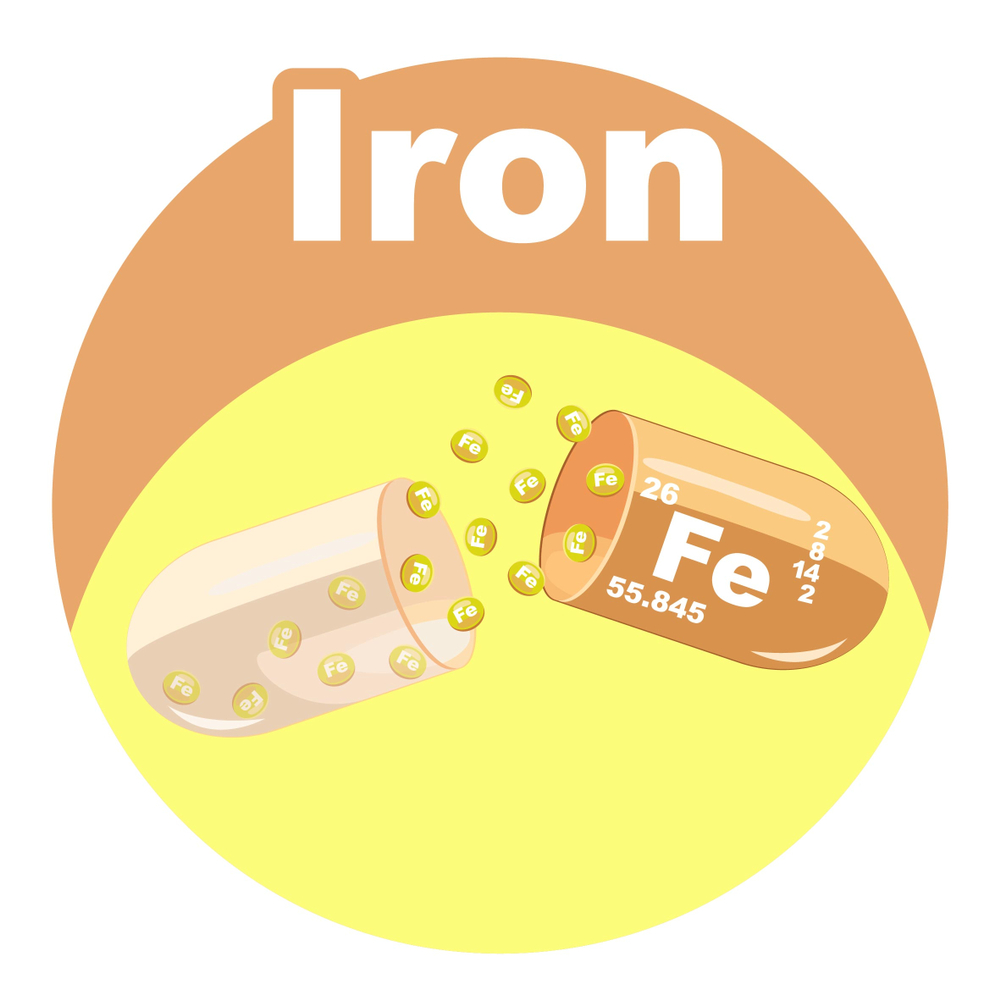
Iron
Iron is an important mineral for all women, but primarily those of child-bearing age. It is used to make hemoglobin and myoglobin, two proteins used to carry oxygen.
Women in their 20s and 30s are at risk for iron deficiency, also called anemia. Symptoms of anemia include fatigue, weakness, and shortness of breath. Monthly blood losses combined with an inadequate intake of high iron foods increases the chance of anemia.
But, it is important to note that supplemental iron should not be used unless a deficiency is identified by a blood test first.
How to Take Iron
The RDA for iron for women is 18 mg/day. If you do have an iron deficiency, your doctor will recommend the ideal amount and type of iron you need to take.
Iron supplements can cause constipation and other digestive problems, although there are “tummy sensitive” formulations available.
Calcium or foods high in calcium such as milk should not be taken with iron.
If you have not been diagnosed with an iron deficiency, yet you think you might be low in iron, you can try eating more high iron foods instead of taking a supplement.
Iron is found in red meat, fortified cereals, beans, nuts, seeds, and legumes. Always eat high iron foods with a food high in vitamin C, such as citrus, bell peppers, or strawberries.

Vitamin C
With all the demands on women in their 20s and 30s, the last thing they can afford to do is get sick. Vitamin C can help boost the immune system, keeping it strong, so you can tackle your to-do list.
Vitamin C also has antioxidant properties that can help reduce damage from free radicals, slowing down aging and even preventing wrinkles.
How to take Vitamin C
Vitamin C is commonly found in fruits and vegetables. It is relatively easy to meet basic vitamin C needs with just your diet, but if it’s cold or flu season you might want to take a little extra.
The RDA for vitamin C is 75mg per day for women. The upper limit is set to 2000 mg per day.
There is little risk for toxicity with this vitamin since it is water soluble. High doses may cause digestive problems, such as bloating and diarrhea, which generally resolve once the supplement is stopped.
Pregnancy
Pregnancy is a special time for nutrition because it’s not just about you anymore, you are concerned about the health of two people now.
There are many supplements that are not recommended during pregnancy because there is simply not enough evidence to determine their safety. If you are pregnant it is best to ask your doctor for the ideal supplement regimen for you.
But, it is widely accepted that folate is a necessary nutrient for all women who are trying to conceive or those who are already pregnant.

Folate or Folic Acid
Folic acid, the synthetic form of the B-vitamin folate, helps prevent birth defects of the brain and spinal cord. Most doctors recommend women take a supplement containing folic acid or folate before trying to get pregnant to help reduce the risk of these complications.
The connection between folate levels and birth defects was discovered in the 1950s. In the 1970s, started recommending prenatal vitamins with folic acid to help reduce the risk.
Many of our foods, particularly cereals, are fortified with folic acid for the same reason. Rates of spinal cord defects have decreased since these preventive measures were put into place.
How to take Folic Acid
Folic acid is a water soluble vitamin, therefore your body will excrete it if it is not needed. The RDA for folate is 600 mcg during pregnancy.
Most prenatal vitamins contain adequate amount of folic acid to meet the needs of pregnant women.
There is a rare type of genetic mutation that may decrease the ability of the body to use folate properly and increases risk for birth defects, speak to your doctor if there is a history of birth defects in your family.

Menopause and Beyond
Older women in menopause have different nutrient concerns from pre-menopausal women.
Managing decreasing hormone levels (and the hot flashes or other symptoms that may arise), as well as maintaining bone health are the two biggest priorities.
There are many supplements that can help women transition more easily into this final life cycle.

Turmeric
Turmeric is a yellow spice common in Indian cuisine. It contains a powerful antioxidant called curcumin that helps reduce inflammation and risk of many chronic diseases.
Curcumin is especially powerful for menopause because it is a phytoestrogen, meaning it can act as an estrogen in the body. This can help alleviate common menopause symptoms, such as hot flashes, mood swings, and sleep disorders, by slowing the decrease in estrogen.
How to Take Turmeric
Turmeric is usually found in capsules or powders. It can also be used in food as a spice, although it is not quite as concentrated this way, but it sure tastes good.
The powder can also be used to make tea or “golden” milk.
The World Health Organization recommends 1.4 mg per pound of body weight, meaning a 150 pound adult should take around 210 mg of turmeric a day.

Vitamin D
Vitamin D is different from other vitamins in that our bodies can make all the vitamin D we need from sun exposure. But, as we age, we tend to spend more time indoors and we also become less efficient at making vitamin D from the sun.
Low levels of vitamin D have been linked to multiple diseases from breast cancer to diabetes and high blood pressure. Vitamin D is also critically important for helping maintain bone health.
Making sure older women are getting enough vitamin D, either from the sun or supplements, is an important part of staying healthy into old age.
How to Take Vitamin D
The recommended amount for vitamin D is between 600-700 IU a day, although some experts suggest this number may be too low due to wide-spread deficiencies.
Ask your doctor for a personalized recommendation for you. If you want to be sure you need vitamin D, ask your doctor for a blood test before starting a supplement.
As a woman, based on where you are in your life cycle, your supplement needs can vary. Be sure to choose the best supplements for you so you can live your healthiest life, long into old age.




